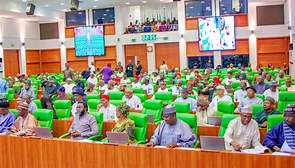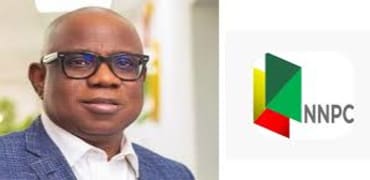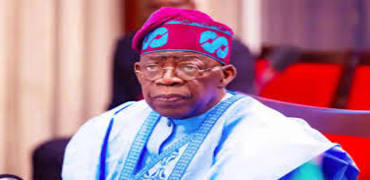House of Reps Probes Missing N200 Billion CBN Loan Meant for Free Electricity Meters
House of Reps Probes Missing N200 Billion CBN Loan Meant for Free Electricity Meters
By Achimi Muktar
A staggering N200 billion meant to give Nigerians free electricity meters is now at the heart of a major investigation—one that could expose how billions may have been misused, mismanaged, or mysteriously vanished.
The House of Representatives isn’t taking chances. This week, lawmakers officially launched a full-scale probe into the Central Bank of Nigeria’s (CBN) controversial loan to electricity distribution companies (DISCOs) under the National Mass Metering Programme (NMMP)—a project once hailed as a game-changer for Nigeria’s troubled power sector.
“This is about transparency and accountability,” said Rep. Uchenna Okonkwo, Chairman of the House Committee on Public Assets, who announced the investigation in a statement from Abuja on Wednesday.
He revealed that a 19-member sub-committee has been inaugurated to uncover what really happened to the funds, the meters, and the promises made to millions of Nigerians.
What Was Supposed to Happen?
Launched in 2020, the NMMP aimed to provide free electricity meters to Nigerian households through licensed DISCOs, putting an end to the controversial estimated billing system and helping consumers take control of their energy usage.
The project, funded by the CBN in collaboration with the Nigerian Electricity Regulatory Commission (NERC) and other stakeholders, was structured to unfold in three phases. The first—Phase 0—was allocated N59.28 billion to deliver 1 million meters nationwide.
But that’s not how things panned out.
What Actually Happened?
According to the committee’s preliminary findings, only N55.4 billion was actually released—and only 962,832 meters were installed, not the promised one million.
Even more troubling, Rep. Okonkwo said that repayment data from DISCOs remains murky, with no clarity on how much of the loan has been repaid—or if the 9% interest tied to the loan was ever factored in.
“The numbers don’t add up,” he noted. “And worse still, Phases 1 and 2 of the NMMP—expected to deliver an additional 5.5 million meters—have yet to begin.”
Phase 1 was to be co-financed by the CBN and commercial banks for 1.5 million meters, while Phase 2, backed by the World Bank, was set to deliver 4 million more. Both have stalled indefinitely.
Who’s Investigating?
The House isn’t pulling any punches. A 19-member investigative team—including lawmakers like Reps Obed Shehu, Ali Shettima, Ahmed Munir, Salisu Koko, and more—has been tasked with leaving no stone unturned.
Their job? Examine every kobo of the NMMP loan—from disbursement and procurement to actual installation and repayment mechanisms.
“This is not a witch-hunt,” Okonkwo clarified. “This is about safeguarding public interest and ensuring accountability.”
Why This Matters
For millions of Nigerians still grappling with erratic power supply and unfair estimated billing, the NMMP represented hope.
Now, with revelations of under-delivery and financial opacity, the programme’s credibility is on the line—and so is public trust in power sector reforms.
Analysts say this investigation could be the first real test of the National Assembly’s commitment to tackling financial mismanagement and enforcing real consequences for those entrusted with public funds.
If the Reps succeed, the fallout could reshape how major energy projects are funded and managed in Nigeria—and perhaps finally bring some light to the shadows cast over the nation’s electricity sector.


















